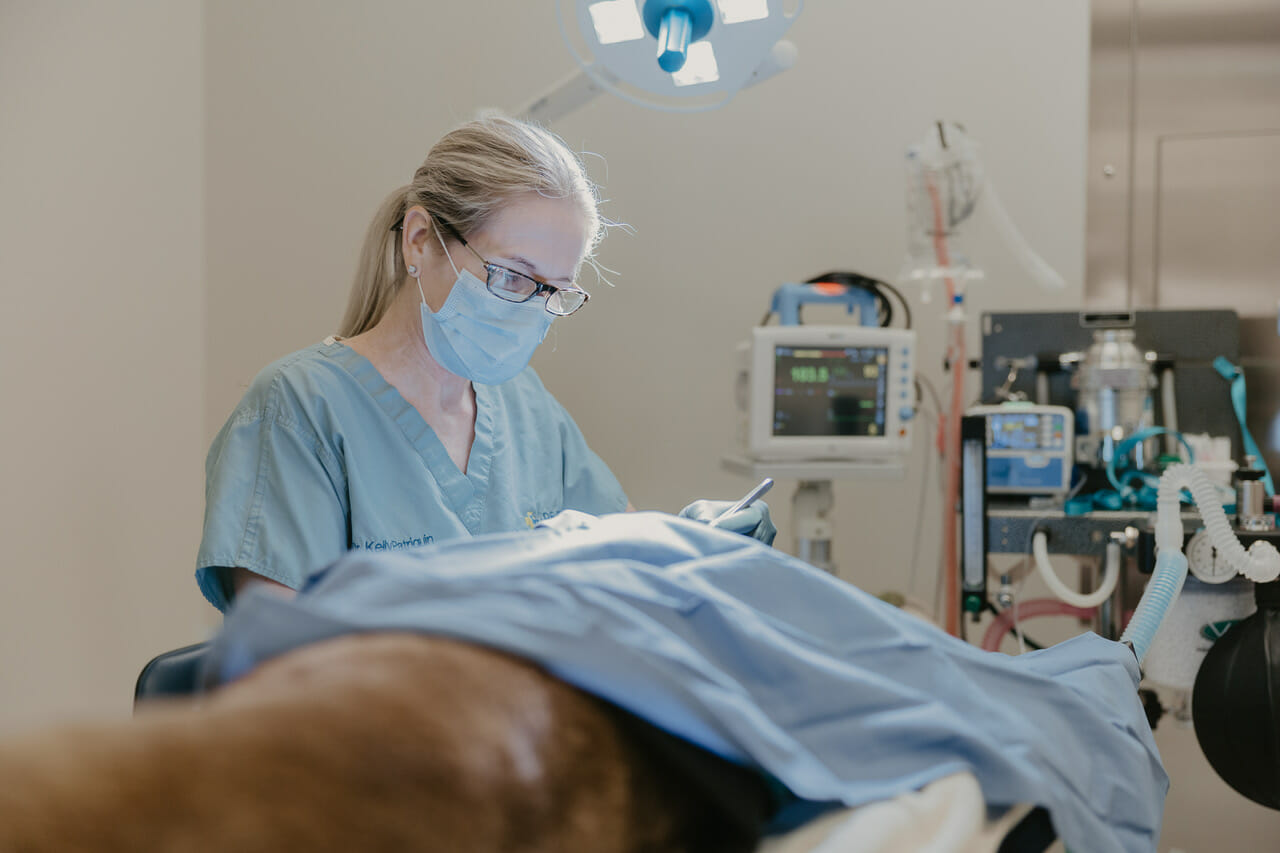A recent Gallup poll found that 52% of U.S. pet owners had postponed or declined veterinary visits in the past year due to affordability concerns. This trend is not limited to lower-income families; nearly one in three households earning $90,000 or more reported doing the same.
While skipping a check-up or procedure may seem like a short-term fix, it can lead to long-term consequences. Surgical services such as dental cleanings, spaying and neutering, and tumor removals while they are small will help avoid more serious issues and larger bills down the road. When ignored, these conditions can worsen and eventually require emergency care, which is often more costly and difficult to manage.
LOCAL NEWS: 100 best places to work and live in Arizona for 2025
INDUSTRY INSIGHTS: Want more news like this? Get our free newsletter here
To meet growing demand, some veterinary clinics are now offering a more focused model of care. These practices specialize in common procedures and preventive treatments, rather than full-service offerings. The goal is to reduce costs while maintaining high medical standards.
Here are five key things pet owners should know about affordable veterinary care:
1. Lower cost doesn’t mean lower quality. Affordable clinics typically focus on high-demand services such as spays and neuters, dental care, and mass removals. By narrowing their scope, they reduce overhead and streamline operations. These clinics are still required to follow the same licensing and safety regulations as traditional veterinary hospitals.
2. It’s not just about income. While many pet owners are driven by financial need, cost-conscious care is becoming popular across income levels. Retirees, multi-pet households, and families managing other expenses are all exploring these options. For many, it’s a practical decision, not one of desperation.
3. Specialization can improve efficiency. Focused clinics often invest in tools and technology specific to the services they offer. Without the need to support a full range of treatments, they can deliver more efficient and consistent care.
4. Providers are often highly experienced. Veterinarians and technicians working in these settings frequently bring experience from emergency or specialty clinics. Handling a high volume of similar cases can also enhance their expertise and consistency.
5. Access is expanding. Affordable veterinary care is becoming more geographically available, with some providers opening multiple locations in urban and suburban areas. Increased accessibility makes it easier for pet owners to keep up with routine care.
While these clinics are not suited for all service needs and some complex diagnostics, chronic cases or emergency treatments, they provide a cost-effective solution for many pet owners for the most typical veterinary services. Understanding the options available is an important step toward maintaining a pet’s health without sacrificing financial stability
The growing demand for affordable veterinary care reflects broader economic trends and shifting expectations around healthcare access—for both people and their pets.
Authors: Dr. Kelly Patriquin, DVM, and Doug Patriquin, CEO, are the owners of Dr. Kelly’s Surgical Unit, a specialized veterinary practice, offering affordable and convenient surgical care for pets at 6 locations in the Phoenix and Tucson Metro areas. Services include a variety of low-cost surgical care including spay/neuter, dental cleaning and extractions, mass removals and more. For more information, visit https://www.drkellysvet.com.




